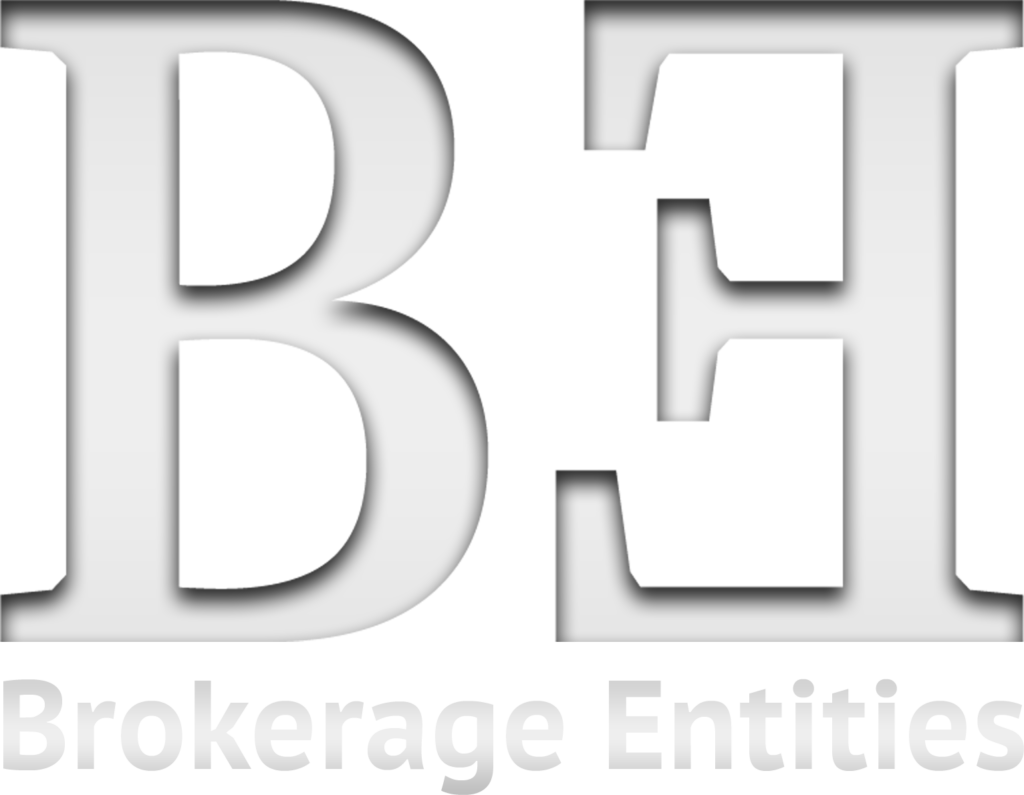The European Securities and Markets Authority (ESMA), the EU’s financial markets and securities regulator, today publishes two articles on decentralised finance (DeFi), one on developments and risks in the EU market and another on a methodology for the categorisation of smart contracts. These articles highlight important risks to consumers, new forms of market abuse, and possible vulnerabilities to financial stability.
DeFi: developments and risks in the EU market
The article on DeFi developments and risks in the EU shows that DeFi raises serious risks to investor protection, because of the highly speculative nature of many DeFi arrangements and important operational and security vulnerabilities. Risks to financial stability are not meaningful at this point owing to DeFi’s small size but require monitoring. In addition, DeFi’s unique features have led to new market manipulation issues that need to be addressed.
DeFi has seen significant development over the last few years, although it remains very small in size (the Total Value Locked in DeFi protocols reached USD 45bn as of end-June 2023 representing less than 4% of the total crypto-assets market capitalisation), and has garnered attention from consumers, but also from global regulators because of the risks it raises.
DeFi: categorisation of smart contracts
The article introduces a methodology for the categorisation of smart contracts which leverages on the latter’s source code and on topic modelling. It explores the rate of deployment of smart contracts belonging to the identified categories over time, contributing to an enhanced and nuanced understanding of DeFi,and also to identifying related significant risks.
ESMA defines five major smart contract categories and monitors their relative incidence over time. It notes a significant difference in terms of heterogeneity between the first and the second surge in smart contract deployment (occurring in 2017 – 2018 and in 2021 – 2023, respectively), reflecting the adoption of increasingly complex and interdependent protocols that have come to characterise DeFi.

